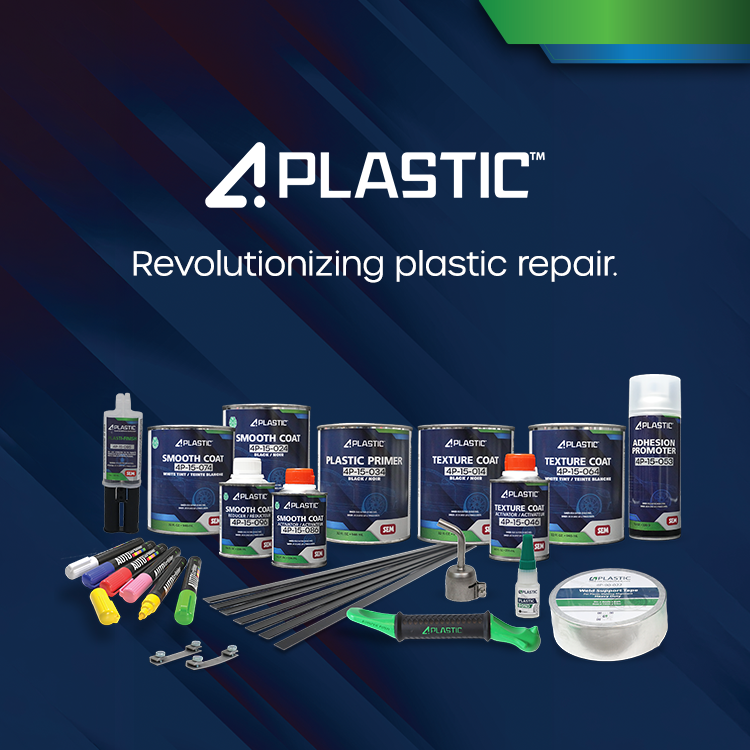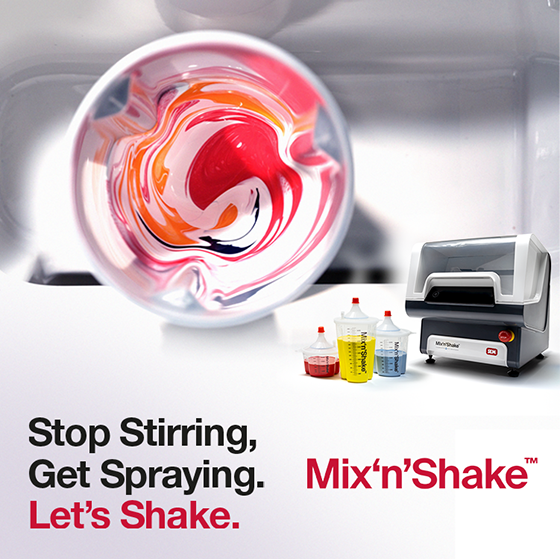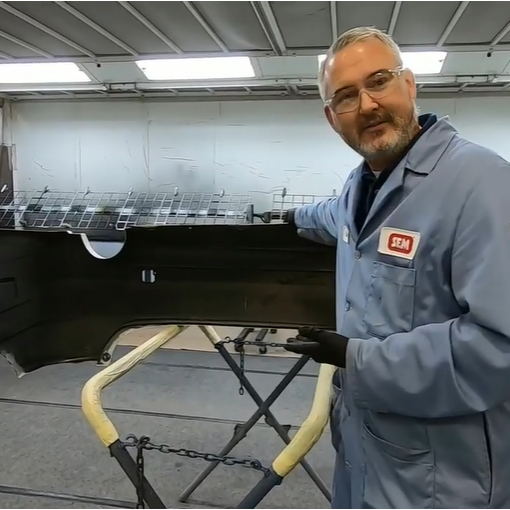Aluminum Repair - What's the Big Deal?
We’ve Been Rivet Bonding Aluminum & Steel for over a Decade
Automobile manufacturers are developing new steel and aluminum alloys to reduce fuel consumption and adhere to Corporate Average Fuel Economy (CAFE) standards. These high-strength, lightweight alloys have significantly lessened vehicle weight, while increasing safety for passengers in the process.
The most recent and largest adapter of these alloys is Ford on the 2015 F-150. Now that the best-selling vehicle in America has moved to an aluminum-alloy body on a steel frame, industry buzz indicates others will follow. Although this is a turning point in the automotive industry, technicians may be surprised just how little change is required for products used on aluminum and steel repairs.
The truth is, manufacturers like Jaguar and Land Rover have used aluminum panels since the early 2000s. When these alloys were first introduced, repair facilities were forced to bond dissimilar metals without welding. Body shop technicians found a combination of fastening techniques, such as adhesives and rivets, was the best practice for these repairs. As long as the repair material is compatible with dissimilar metals, there are no manufacturer brand requirements for rivet bonding.
SEM’s Multi-Purpose Panel Adhesive and Weld-Bond Adhesive have been used for rivet bonding aluminum and steel for over a decade. Both products are covered under SEM’s Dual-Mix™ Forever Warranty, which covers parts and labor for life. These adhesives are preferred because they incorporate glass beads to control bond line thickness, a crucial component to prevent corrosion between dissimilar metals.
While most products aren’t changing, collision centers will need to designate a separate work area and tools for aluminum repairs. This is essential to eliminate cross contamination that leads to corrosion. For example, using a grinder on aluminum then on steel will contaminate the metal and lead to galvanic corrosion. Repair technicians should use proper air ventilation and curtains to control airborne particles, as well as filtered, clean air from the compressor.
This industry is continuously progressing. With new CAFE standards being executed in the next few years, we’re positioned to see more changes than ever before. Collision centers will need to adapt their operations and train technicians quickly to stay ahead of demand. SEM backs collision centers with quality products and training tools to help technicians operate efficiently. Training procedures can be found in SEM’s Aluminum & Steel Rivet Bonding Technical Bulletin.
Recent Posts




